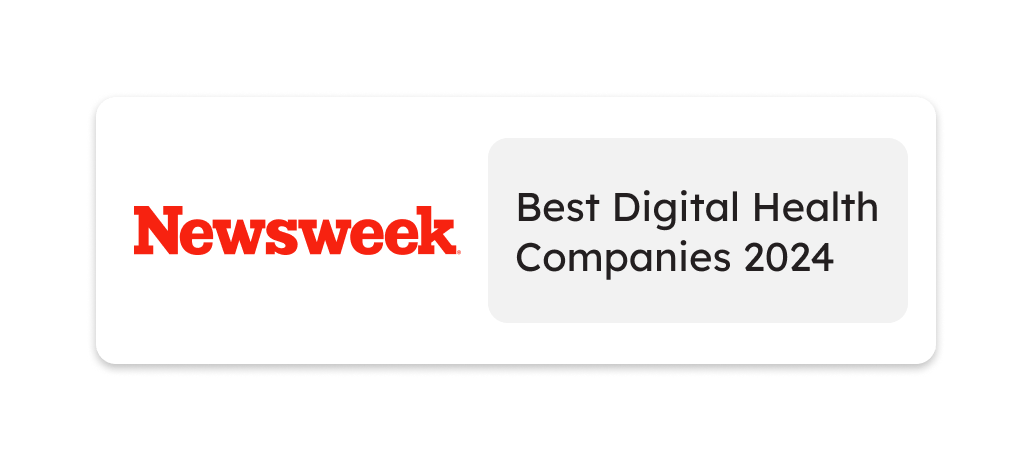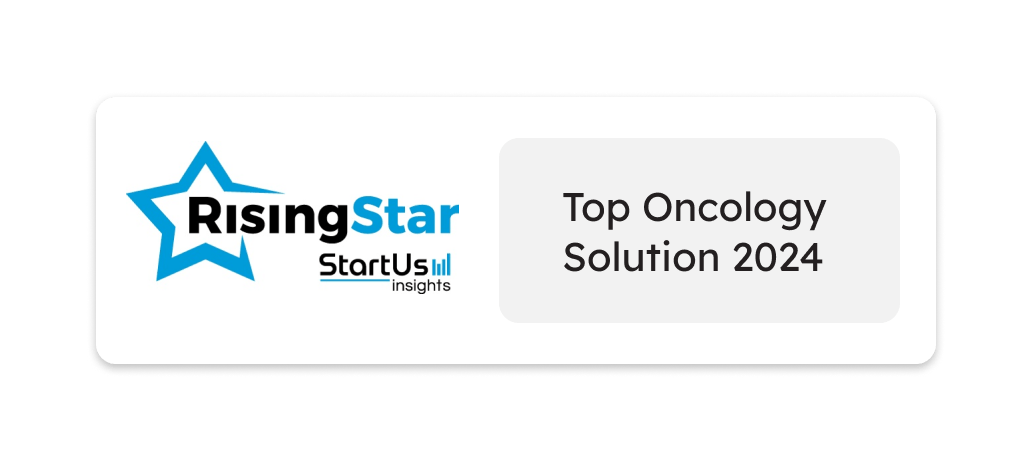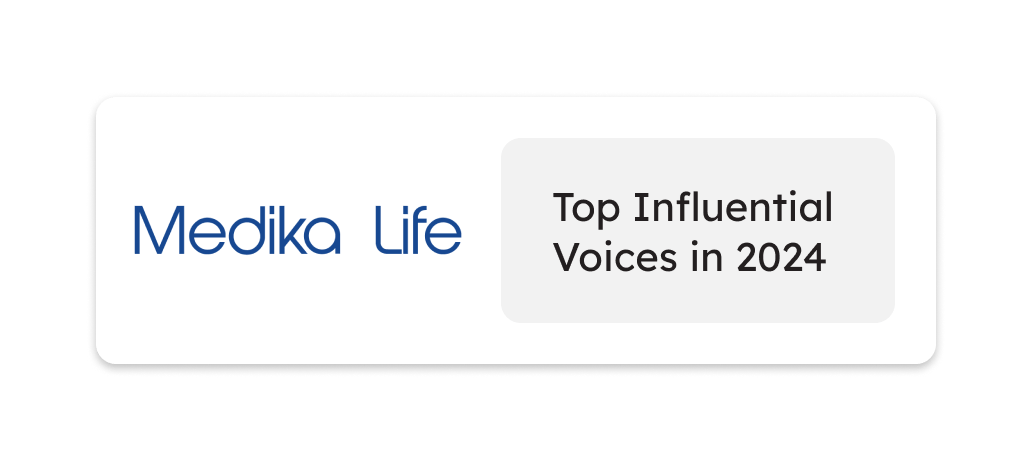JANUARY 20, 2022
Belong.life may well be the Waze of the future: navigating the way back to health together.
Everybody might have a hungry heart but, if you count teeth and bones as one entity each, everybody also needs another 77 organs to get us through the day.
Each organ is a group of tissues joined together for a functional purpose: the heart pumps our blood, lungs keep us breathing. And, crazily, cancer can hit each one: it can penetrate the pancreas, or set up camp in the kidney, or the eyeball, or the womb. Cancer causes cells to multiply faster than you can say “Omicron”; the disease can spread throughout the body, shutting down organs on its way.
The first known case of cancer, recorded on papyrus in 1500 BCE, documented eight tumors on the breast.
The “fire drill” treatment was palliative only; ancient Egyptian doctors knew that the hot instrument that cauterized affected tissue would not heal the patient. Cancer, so went the belief, was caused by the Gods.
Hippocrates disagreed: cancer, he suggested, was from an excess of black bile; neither praying nor the greatest ancient Greek physicians could do too much to help.
Luckily today, thanks to modern medicine and technology, most cancers are treatable and beatable. Still, and I know this on my skin, sitting with an oncologist and hearing about protocols and preliminary tests, chemo types and reactions to radiation can send even the strongest patient and his family spiraling into anxiety. What did he say we have to do first, after we stop falling apart? Is the MRI before or after Gemcitabine?
The co-founders of Belong.life, a global patient management and research platform, know the feeling of helplessness: Eliran Malki, CEO, Irad Deutsch, CTO, and Ohad Rubin, CFO and COO, have all had their own personal pain with this ubiquitous bloody disease. All three were already highly successful hi-tech entrepreneurs with big data exits and patents and products, but even they were compelled by the overwhelming sense of where-the-hell-do-I-turn-for-help that hits even the most accomplished patients and their families at the dreaded news.











